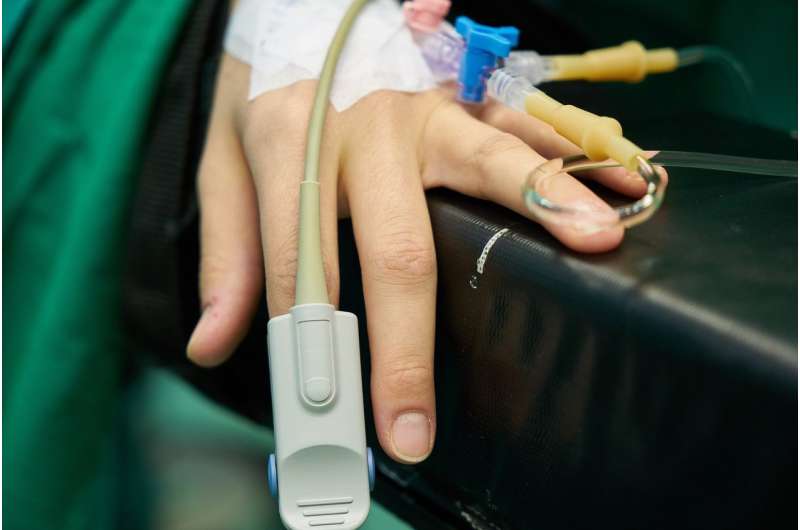Physicians who visit patients post-hospitalization give more comprehensive discharge plans

When resident physicians visit the homes of their former hospital patients they are better able to assess patient needs and understand the important role that community services and agencies play in keeping them at home and out of the hospital, according to a new study by Boston University School of Medicine (BUSM).
Resident physicians, commonly known as residents, often develop the discharge plans as part of their training programs. Typically they don't make a home visit after discharge to assess if the plan worked and many never see their patients again.
Thirty-nine internal medicine residents from Boston Medical Center (BMC) participated in a post-hospital discharge home visit to older patients. They were able to review their discharge plan and determine the effectiveness of the plan, specifically identifying parts that did and did not work. "After visiting the home, the residents were better able to understand what makes for a good hospital discharge of an older patient," explained corresponding author Megan Young, MD, assistant professor of Medicine at BUSM.
After completing the exercise, residents were asked what they learned. These residents were able to better assess patient needs, which highlighted the need for more individualized discharge plans with regard to in-home functioning, communication with caregivers and medication reconciliation.
"By being able to go into the patient's home and see what services patients need (home delivered meals, grab bars in the shower, medication delivery systems), we as doctors are able to provide more comprehensive care plans that allow community-dwelling older adults to stay in their home and out of the hospital," said Young, a geriatrician at BMC.
Adverse events in older adult patients following discharge from the hospital is as high as 25 percent. Since the affordable care act and hospital readmissions reduction program, many hospitals get lower payments if they have too many readmissions. "Although this study did not look at re-admissions, the goal was to teach residents how to develop comprehensive discharge plans that involved community agencies and resources in the hopes that future patients will have fewer adverse events and readmissions."
These findings appear in the journal Gerontology & Geriatrics Education.
More information: Gerontology & Geriatrics Education, www.tandfonline.com/doi/abs/10 … 2701960.2018.1490736



















